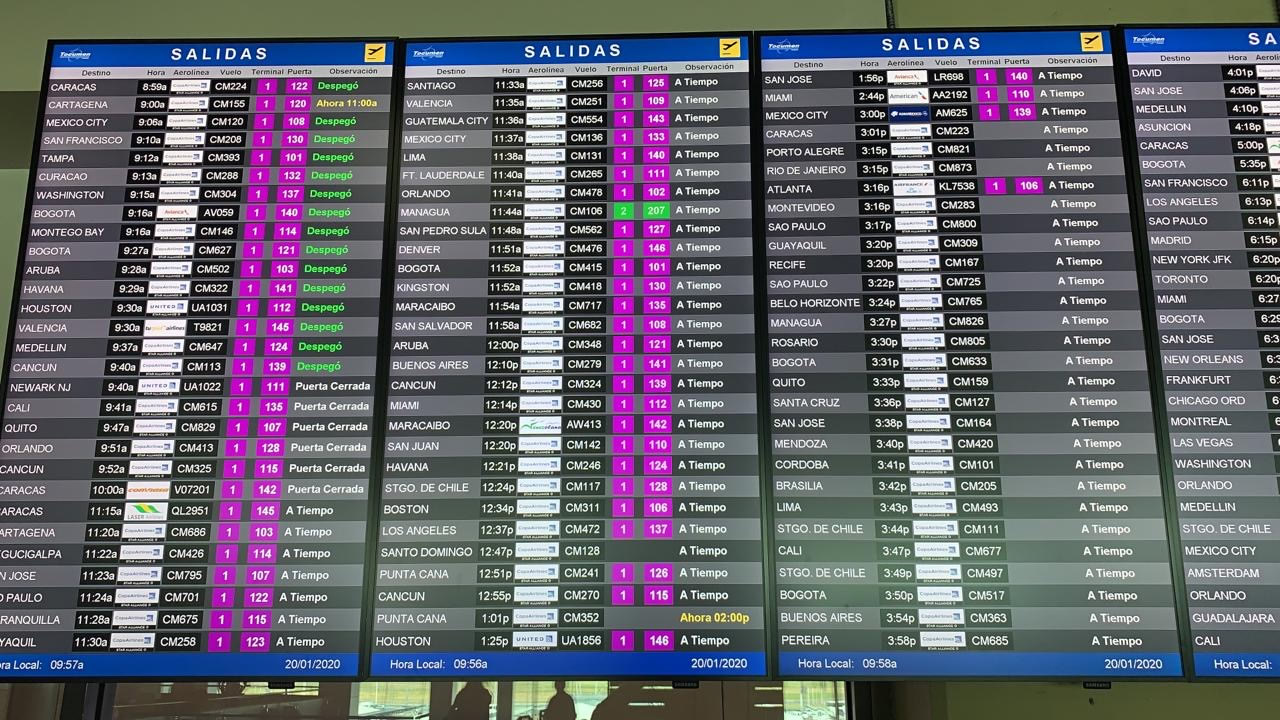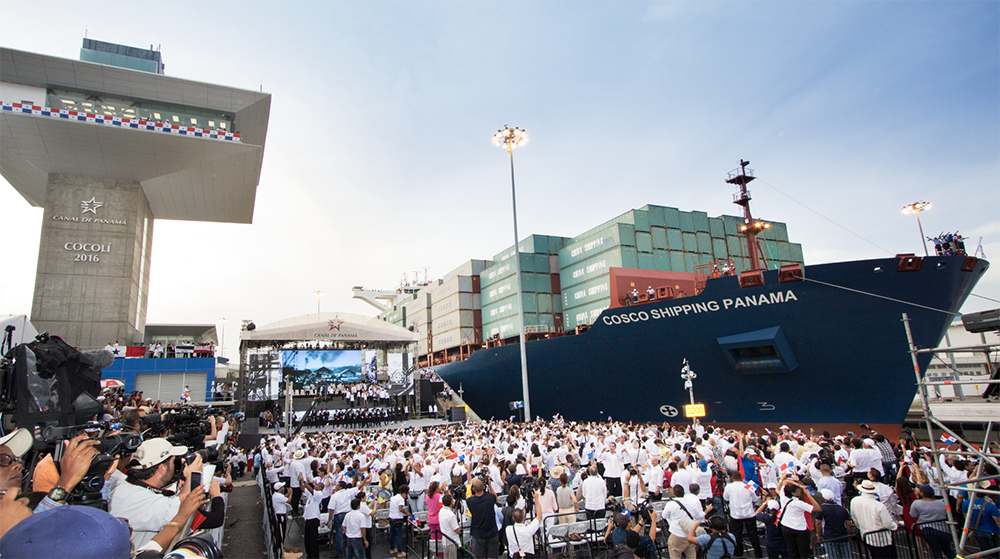Taxable
- The sale of products or services for people, entities or companies in Panama are considered as a “source of income of Panama”.
- The income that comes from the lease (rent) or sale of real estate in Panama.
Not Taxable
- The sale of products or services to people, entities or companies located outside of Panamanian territory.
- Commerce that bills products that never enter Panama are not taxable.
- Companies in Panama that facilitate commercial activities carried out outside of Panama.
Tax Exemption
- Interest rates on savings and fixed term bank accounts from established banks and with a license in Panama.
- The interest on debt certificates registered in the National Value Commission and are listed in the stock market.
- Non resident financial institutions and lenders that receive interest and paid commissions from Panamanian banks or for residential construction projects.
Property Taxes
It is the taxable income or tax subject which is obtained by subtracting the foreign income and the gross exempt income.
Since 2010, the tax fees for legal persons were reduced from 30% to 27.5% and further reduced in 2011 to a 25%. The companies involved in telecommunications, banking, energy generation, cement factory, casino and gambling, insurance and reinsurers continued to pay the fee of 30% up until 2012 when the fee was reduced to 27.5% and then to 25% in 2014. If the government owns 40% or more of a company’s capital it will continue to pay 30%. Agricultural and small companies have a special low fee property tax.
The traditional calculation for property tax is simply to multiply the net taxable income by the property tax. The companies with a taxable income exceeding $1.5 million dollars use a different formula. Its fee is the highest between the traditional formula and the multiplication of the taxable income by 4.67%.
All companies and entities must pay their estimated property tax before the 15th of every month as well as 1% of the total taxable income accumulated from the prior month.
This is called “Monthly property tax in advance” or MITA (in Spanish). The companies involved in gasoline sale, petroleum derived products, pharmaceuticals, medical foods and products pay a different MITA. At the end of the fiscal year, the company determines the total property tax and deducts the total paid MITA. If the total MITA paid is higher than the owed tax, the company can obtain a fiscal credit to be used in future MITAs.
Deductions: the company expenses, uses to generate taxable income or to preserve the business are considered as deductible in income tax returns and must be documented and will only be allowed during the same fiscal year they happened.
Losses: the losses can be extended up to 5 years as long as the loss does not exceed 20% of the total loss in a year. Certain regulated industries such as mining have special loss plans.
Annual Returns: Income tax returns must be filed by the company 3 months after the fiscal year ends. Although for most companies the fiscal year goes with the regular calendar year, companies can request approval for a different fiscal year.
This information was developed by Panama Living, a digital platform committed to collecting, researching, and disseminating all the necessary information to turn your interest in Panama into a pleasant and enriching experience.





